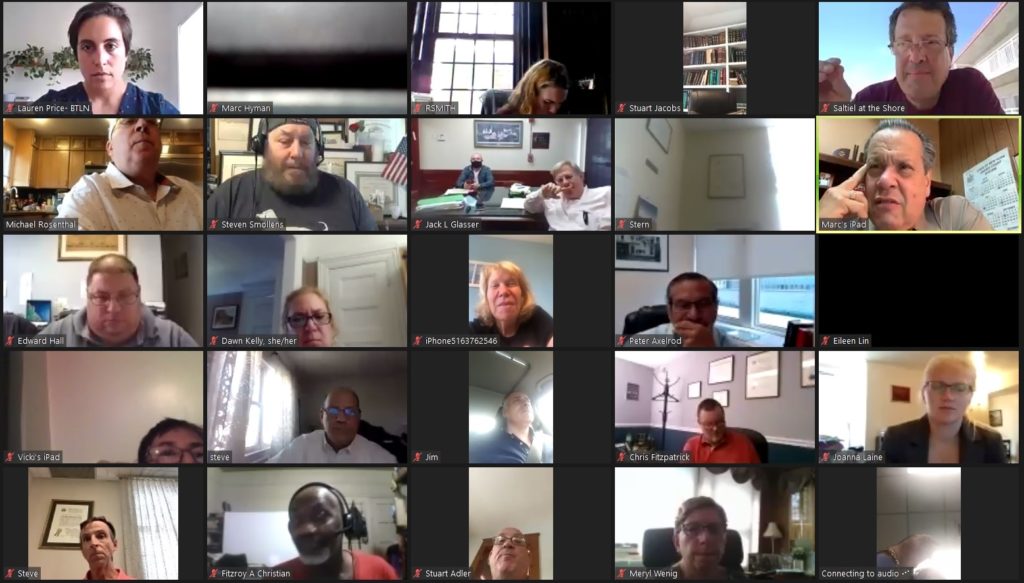Housing Court judges soften stances on using 141 Livingston St. and no-defaults policy
NYC Civil Court Judge says CDC eviction moratorium doesn't change plans in New York

 The Kings County Housing Court at 141 Livingston St. is being prepared to host in-person proceedings soon and defaults are on the table for people who repeatedly fail to show, according to court’s administrative and supervising judges who spoke to the Kings County Housing Court Bar Association on Thursday.
The Kings County Housing Court at 141 Livingston St. is being prepared to host in-person proceedings soon and defaults are on the table for people who repeatedly fail to show, according to court’s administrative and supervising judges who spoke to the Kings County Housing Court Bar Association on Thursday.
When administrative judges met with the bar association in May, they said that there would be no defaults at all and that they were going to try to avoid returning to in-person hearings at the cramped Brooklyn Housing Court until the pandemic is over.
“Unless we get really really good at virtualizing all of our processes, I am not in a position to make any representation regarding 141 Livingston St. other than to say I understand exactly how many of you feel about that space and I fully understand what the engineering slash epidemiological issues are in that space,” said Justice Anthony Cannataro, the citywide administrative judge for the Civil Courts.

Brooklyn Boro
View MoreNew York City’s most populous borough, Brooklyn, is home to nearly 2.6 million residents. If Brooklyn were an independent city it would be the fourth largest city in the United States. While Brooklyn has become the epitome of ‘cool and hip’ in recent years, for those that were born here, raised families here and improved communities over the years, Brooklyn has never been ‘uncool’.